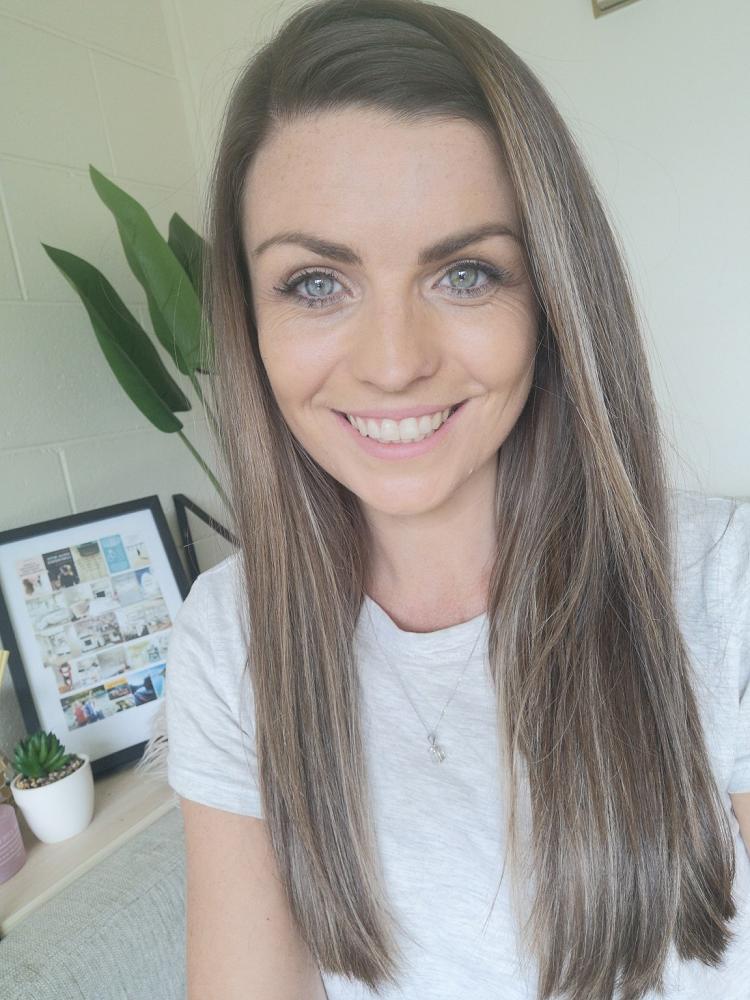
Intro to Mindfulness & IBD.
Hey guys! I’m Rachel. I’m a Health Coach and Mindfulness Facilitator. Last month I hosted an Online Workshop on Mindfulness and IBD.
If you missed it, you can see the recording on the CCNZ YouTube channel.
Here’s a short summary of what we covered in the workshop:
· What is Mindfulness?
· How can it help you manage IBD?
· Some practices you can implement straight away.
I was diagnosed with Crohn’s disease nearly 13 years ago at 23. Stress is my main symptom trigger. Practicing mindfulness has given me more awareness of my stress response and how I can manage it and my symptoms better. Living with a chronic illness can bring a lot of uncertainty and you can end up feeling like you have no control.
Mindfulness can help us manage our stress response, mindset and symptoms, which gives us back some control.
Life these days is busy and we tend to like it that way. We spend a lot of time in our minds and get distracted easily.
Problems arise when we can’t unwind, get stuck in overthinking, overwhelmed, or burn out. Our stress response is very useful, but it is not designed to be switched on most of the time. It’s a physical, mental and emotional response. Most of us are not aware when it has switched on until we become frustrated, tense, or anxious.
Mindfulness helps us to be more intentional with what we pay attention to, rather than living in autopilot. We have from 12-15,000 thoughts a day. That’s a lot of distraction and chatter. But we can learn how to be more aware of them and choose when we want to engage with them, rather than be carried away by them.
By creating time to practise mindfulness, we can shift to create new habits of thinking. (You can find some exercises on the workshop YouTube video).
How does that help manage IBD? Our bodies are living in a state of dis-ease or uneasiness. This keeps our body on high alert. In order to settle, reset and heal, we need to break the stress cycle and introduce more moments of calm. Mindfulness can help you do that. It can also help you pay attention to your symptoms and body sensations from moment to moment. This helps you identify what triggers your symptoms and helps ease them when they flare, giving you more control back.
I’m currently putting together a mindfulness course. If you want help to build your own mindfulness practice, you can email me at contact@racheloboyle.com for more information.
